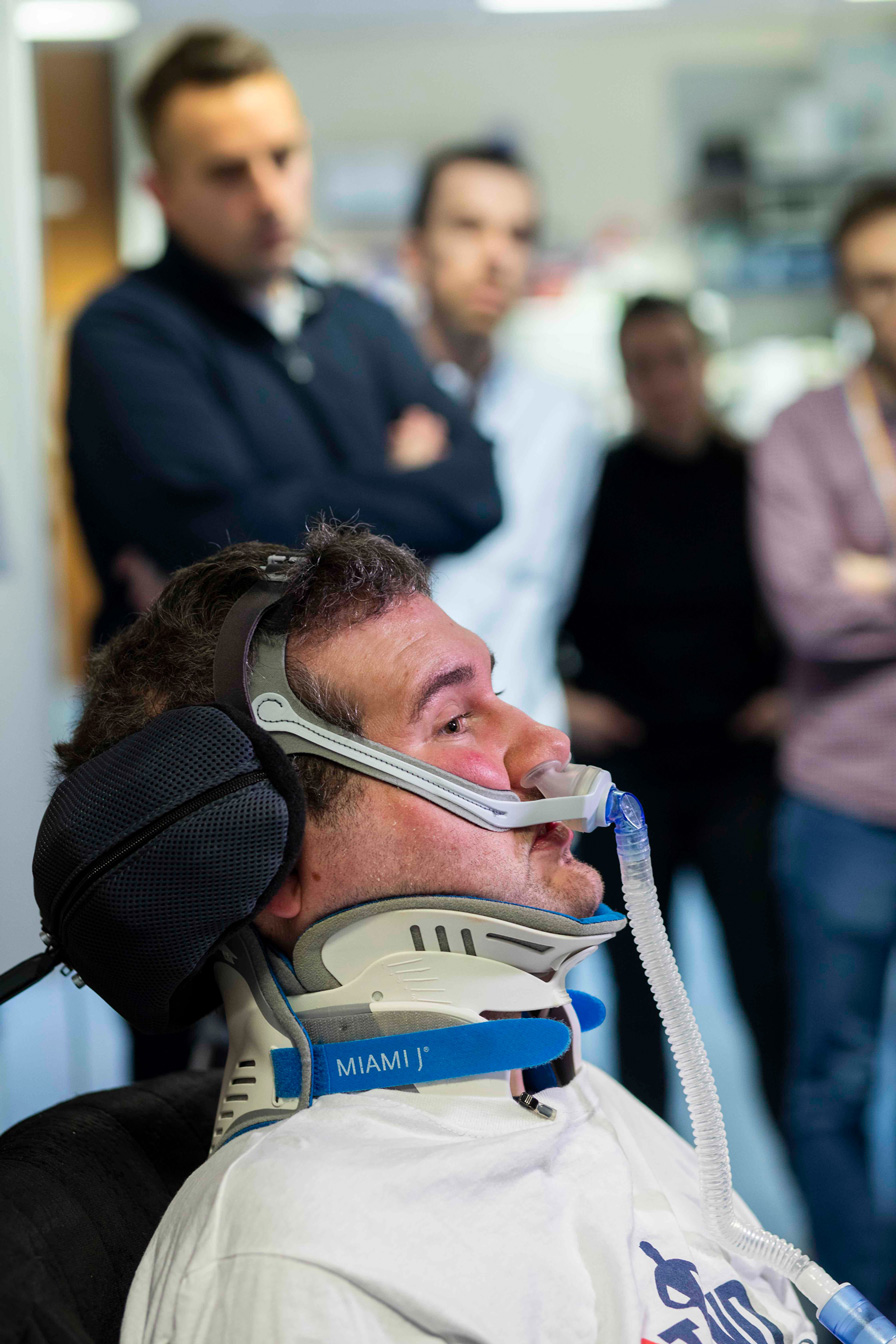Research into Motor Neurone Disease (MND) at the University of Nottingham has been given a boost with funding from East Midlands charity Stand Against MND to support undergraduate and postgraduate research projects.
The funding has been announced today (21 June) on this year's global MND Awareness Day, and will extend a research partnership established last year to speed up the race to find new treatments. It is specifically aimed at encouraging early career researchers and developing the next generation of MND research leaders.
MND affects up to 5,000 adults in the UK at any one time. Specialised nerve cells called motor neurones gradually lose the ability to control muscles, causing them to weaken, stiffen and waste. MND is life-shortening with currently no cure.
In recognition of the significant impact that Sam Perkins, founder of Stand Against MND had in early 2020, raising funds to support this vital research, the new schemes will be named:
'The Sam Perkins, Stand Against MND Research Squad MRes' and the 'The Sam Perkins, Stand Against MND Research Squad Vacation Scheme'.

Sam's wife and trustee of Stand Against MND, Emma said: "Sam, you are missed everyday, we will keep your legacy alive and continue in our Stand Against MND. In your words, MND isn't incurable, it's just underfunded."
The new funding builds on previous support from the charity for a Stand Against MND PhD Studentship funded in collaboration with the MND Association. Nottingham has a long history of research into neurodegenerative disorders, previously involved in the discovery of the condition Dementia with Lewy bodies and with other major contributions to Alzheimer's and Parkinson's disease research. Support from Stand Against MND, with the MND Association, has helped grow Nottingham's MND research programme across the past decade.
This ongoing and incredibly generous support from Stand Against MND is a vital part of the global effort to fight MND. The MND research base is growing and collectively the research community is making tremendous progress, but making sure we continue to attract the most talented young scientists remains a priority. Sam was a big football fan, and I remember talking with him and realising that the 1 in 300 lifetime risk of MND equates to 100 people in a football stadium the size of Nottingham's City Ground. That really put things into perspective. We must do all that we can to together beat MND.






